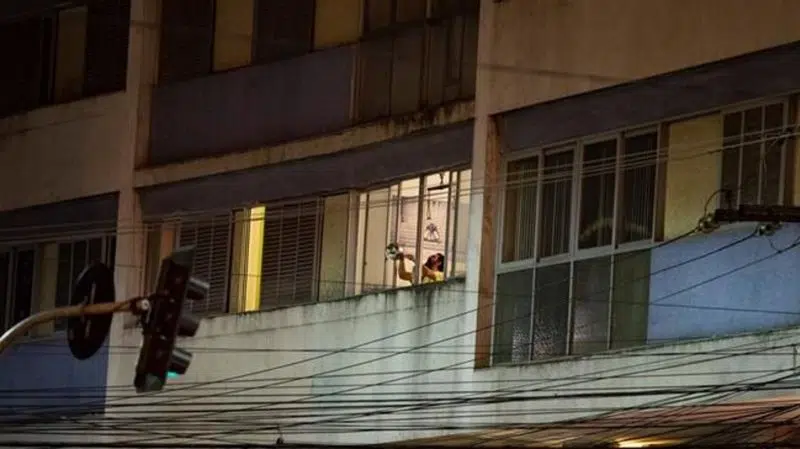
Brazil’s Bolsonaro strives to regain leadership amid virus
RIO DE JANEIRO — After questioning the seriousness of COVID-19, defying his own health ministry’s recommendations and denouncing a “certain hysteria,” Brazil’s president is now projecting himself as leading the nation’s response to the coronavirus crisis in what has become one of the biggest challenges to his presidency.
President Jair Bolsonaro provoked the ire of many Brazilians and even former political allies with his blasé attitude to the global pandemic and insistence on shaking supporters’ hands at a protest. One of Brazil’s most popular news sites, UOL, reported Bolsonaro had suggested the Chinese government caused the coronavirus outbreak — a claim later voiced publicly by his son, a lawmaker. China’s embassy rebuffed the allegations, saying on Twitter they were “extremely irresponsible.”
While countries around Latin America and the world have closed borders, quarantined millions, cancelled international flights, and shut down schools, Brazil has done none of these things, except for closing a stretch of its vast border with Venezuela. Flights continue in and out of the country. No lockdowns have been ordered and state governments and municipalities have taken the lead in telling people to stay home.
“Coronavirus in Brazil is acting as a kind of catalyst, channeling all this discontent and accelerating the process” against Bolsonaro, said Carlos Melo, a political science professor at the Insper University in Sao Paulo. “When he came out to the streets for the protests, he made a very big, very serious mistake. Now he is trying to regain control.”
